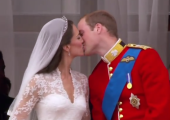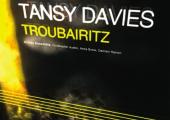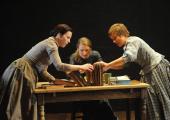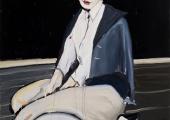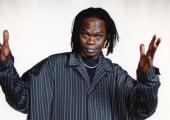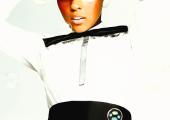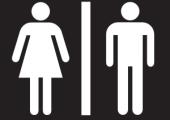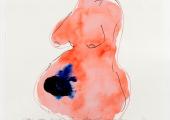Opinion: Is classical music irrelevant?

Cambridge Union debate revisits an old chestnut. Can't they just let it drop?
Cambridge University, cradle of Newton, Keynes and Wittgenstein, of Wordsworth, Turing and Tennyson, has produced 15 prime ministers and more Nobel Prize-winners than most nations. In its 200-year history, the university’s debating society has hosted princes, politicians and leaders in every field: the Dalai Lama, Winston Churchill, Nelson Mandela, and last week a 25-year-old east-London DJ, Kissy Sell Out.

